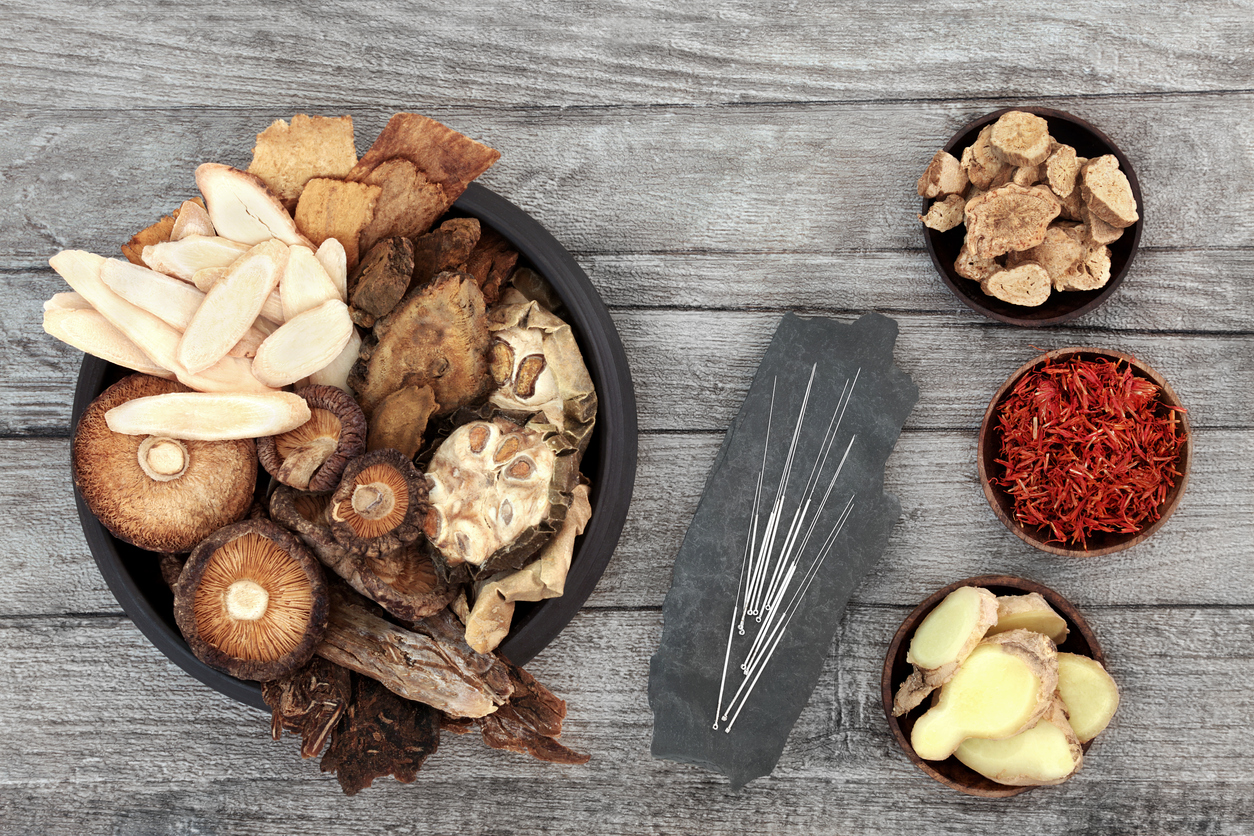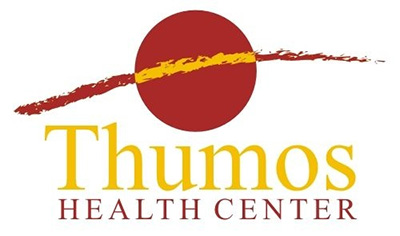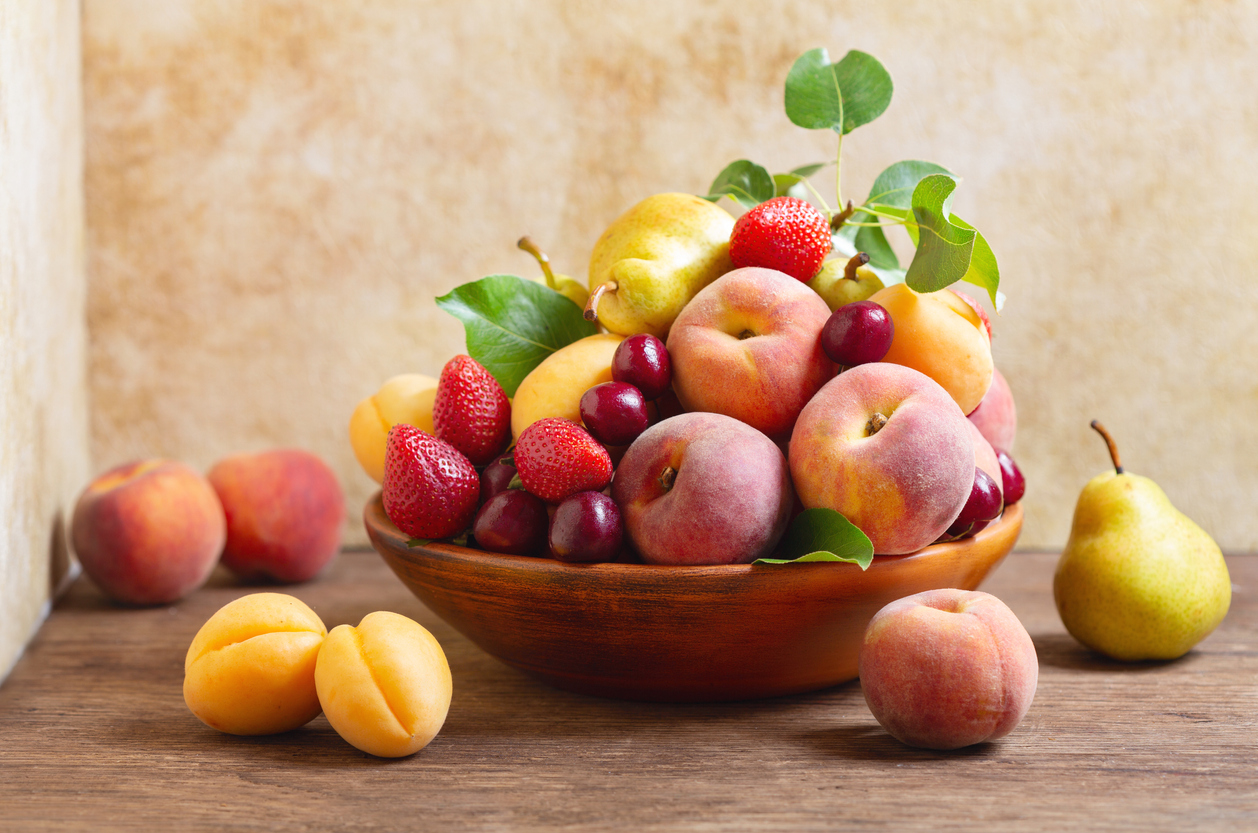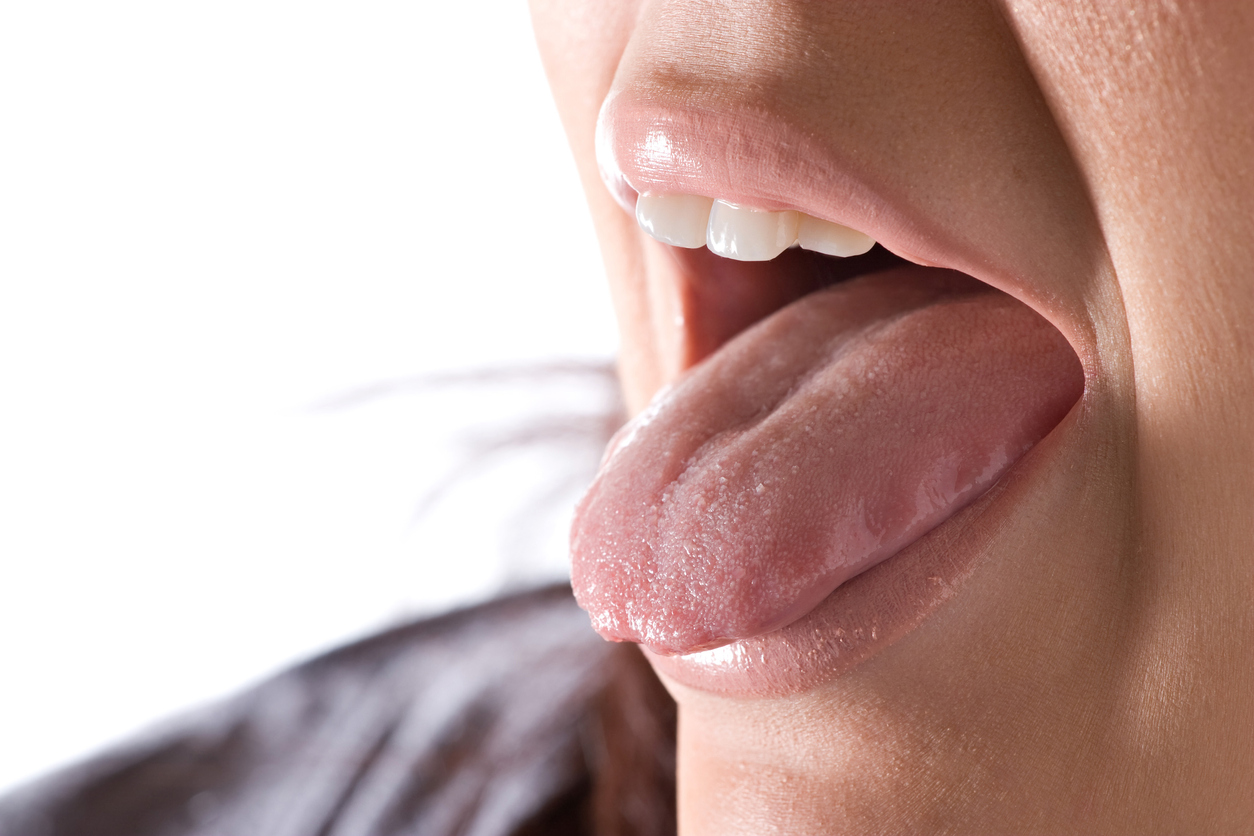by bryan
Share
by bryan
Share

Have you heard of holistic medicine? Some would say holistic medicine has changed their lives. Others are still skeptical about its effectiveness. What exactly is holistic medicine?
The philosophy of holistic medicine is that in order to treat a health problem, it is necessary to treat the whole person rather than just the specific problem. Holistic healing tends to use natural means to heal the body more so than chemical or artificial means. Traditional medicine may also be used, but it’s not the only form of treatment.
Here’s an overview of what holistic medicine is for beginners.
It’s All About Balance
The goal of holistic medicine is to achieve balance for the patient. If one part of a person’s health is not functioning properly, it affects other aspects of the person’s health. For example, if a person is eating something that doesn’t agree with their digestive system, this issue can also affect the neurological functioning, causing lack of focus or mental health issues. If someone has severe migraines, a holistic doctor doesn’t just treat the head, but looks at all of the bodily systems to try and diagnose the problem.
Pillars of Holistic Medicine
The field of holistic medicine operates within the following principles:
- People have innate healing powers. This could also be stated as attitude is everything. You have to want to feel better and believe that you can.
- Person before their disease. The person is not a diabetic, they are a person who has diabetes.
- Treat the source of the problem, not just the symptoms. Treating the symptoms may offer temporary relief, but treating and eliminating the problem at the source will stop the symptoms and keep them from coming back.
- Healing requires a team approach between the doctor and the patient and sometimes other caregivers.
- Every aspect of life can affect health, not just the physical body.
Chinese Herbology
Holistic medicine often incorporates Chinese herbology, which is an Eastern medicine that focuses on the whole body and its ability to heal itself. It is a different approach than Western medicine, which tends to diagnose a specific problem and treat it one way.
Chinese herbology uses a wide variety of naturally grown medicinal herbs that have been used for centuries to heal and relieve a range of issues, such as allergies, insomnia, fertility issues, digestive difficulties, and skin problems.
A Holistic Approach to Fertility
One of the biggest issues in medicine is fertility. When someone wants to get pregnant but has trouble conceiving, it can be both devastating and all-consuming. Western medicine looks at the physical reasons that a woman may not be conceiving, but the only options for treatment are forced methods of conceiving, such as IVF (in vitro fertilization).
But Eastern medicine looks at the whole patient and tries to determine the source of the imbalance so that proper balance can be restored and the patient can conceive. Chinese herbology has helped many women become pregnant. One of the remedies is simply Omega-3 vitamins, which are widely used even in Western medicine.
Still Not Sure You Understand Holistic Medicine? Contact Thumos Health Center
At Thumos Health Center we put holistic medicine, Chinese herbology, acupuncture, and other Eastern medicinal philosophies into practice. We have helped thousands of patients with a wide variety of health issues, restoring balance and changing lives.
Call (310) 927-2792 or contact us to discuss how you may experience relief from your health issues with the help of holistic medicine.
For women, menopause can bring on a range of emotions. Some women are glad to be done with their monthly cycle, and other women mourn the loss of their fertility.
Have you ever paid attention to the foods that are in season during different parts of the year? In Traditional Chinese Medicine, there is the belief that the earth provides
Your tongue is an incredible medical tool, and learning how to read it isn’t as difficult as you might think. Tongue diagnosis can be traced back to China in the
If you choose to go for acupuncture, you might be surprised if your acupuncturist offers you Chinese herbal remedies. However, both acupuncture and herbal medicine are components of Traditional Chinese




